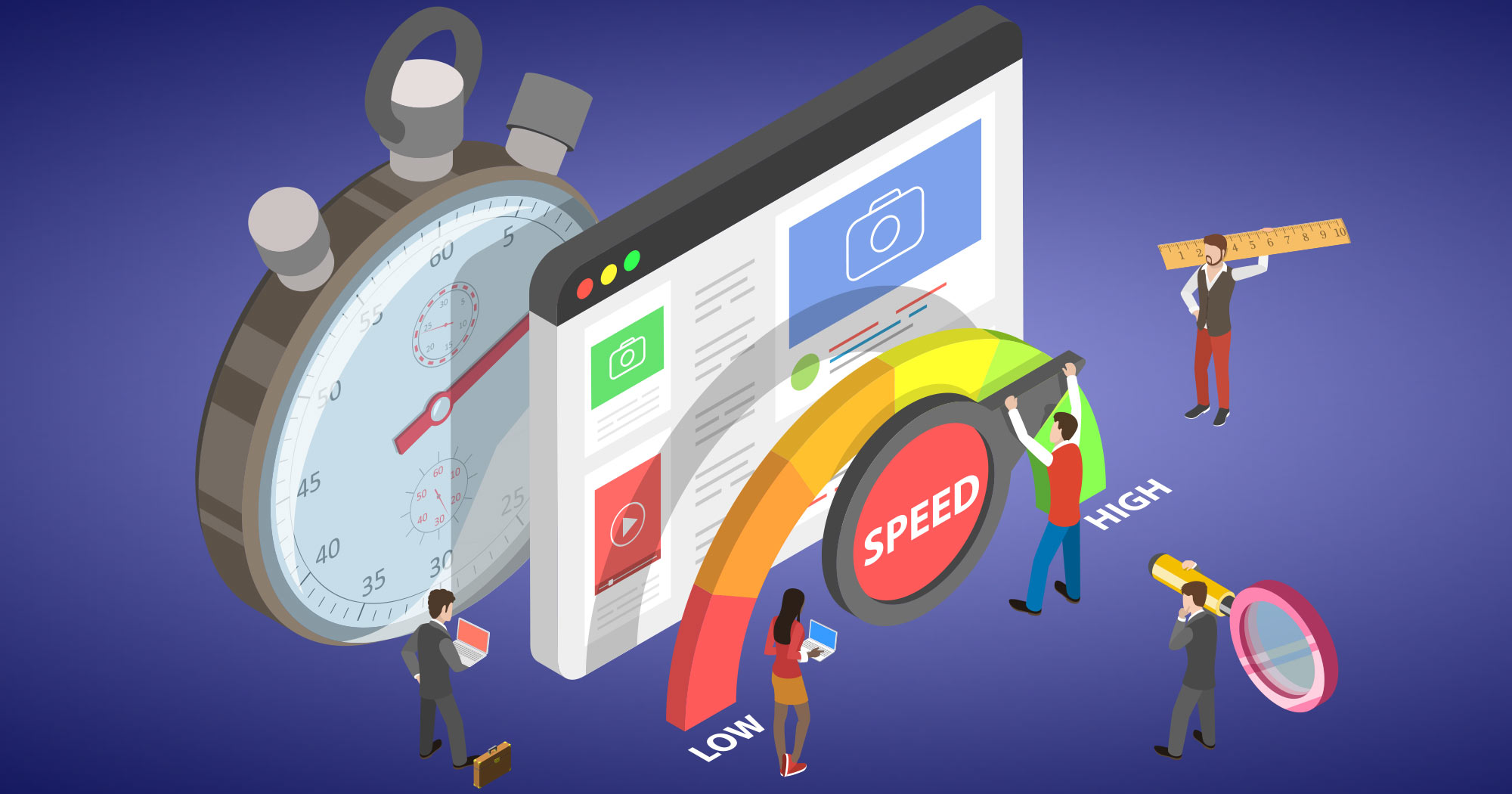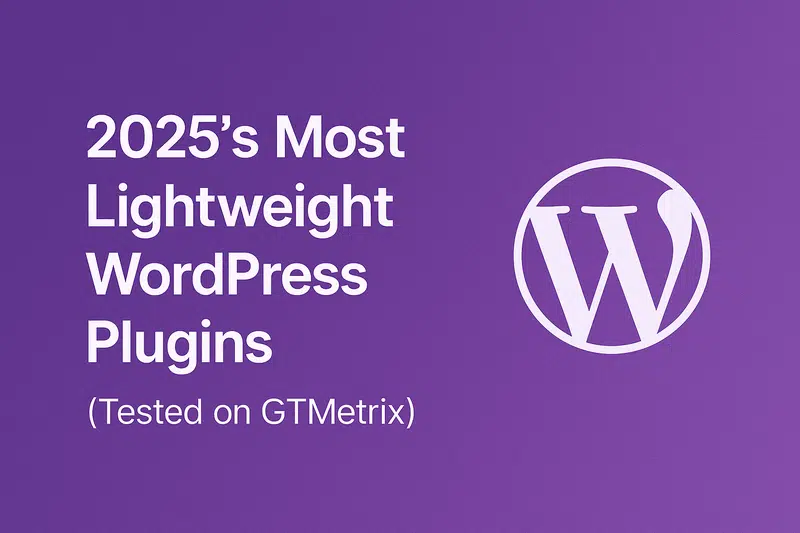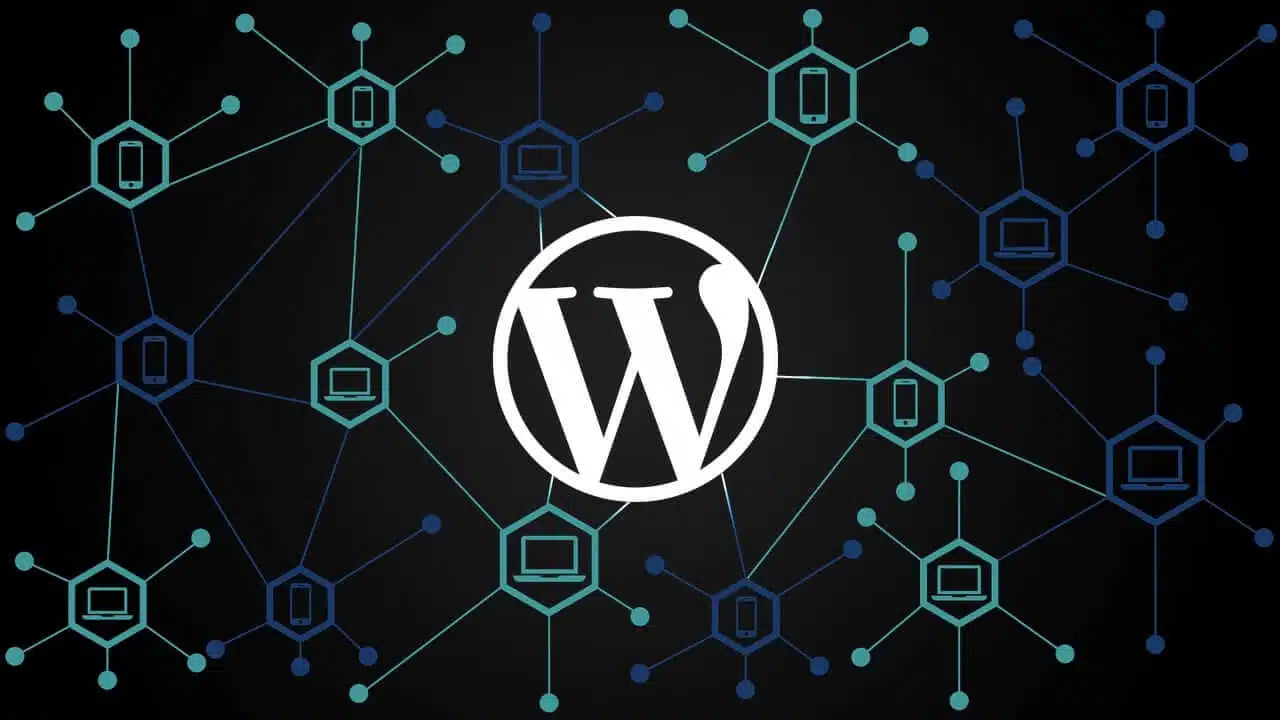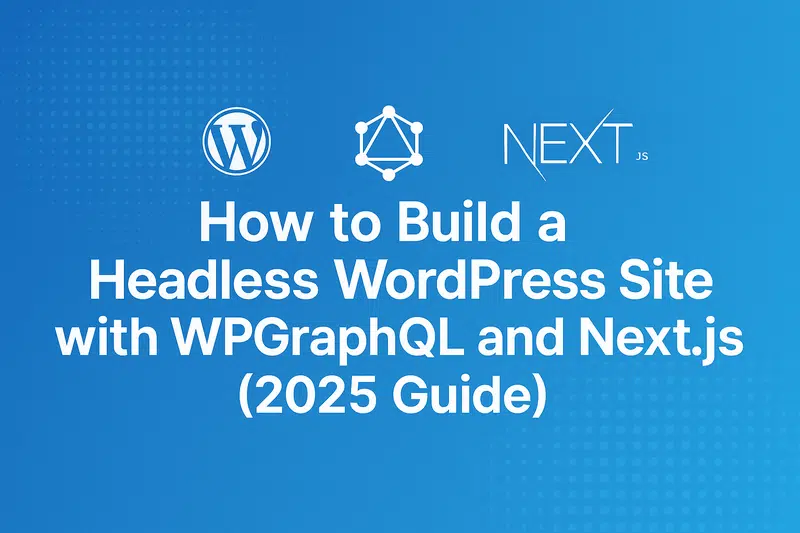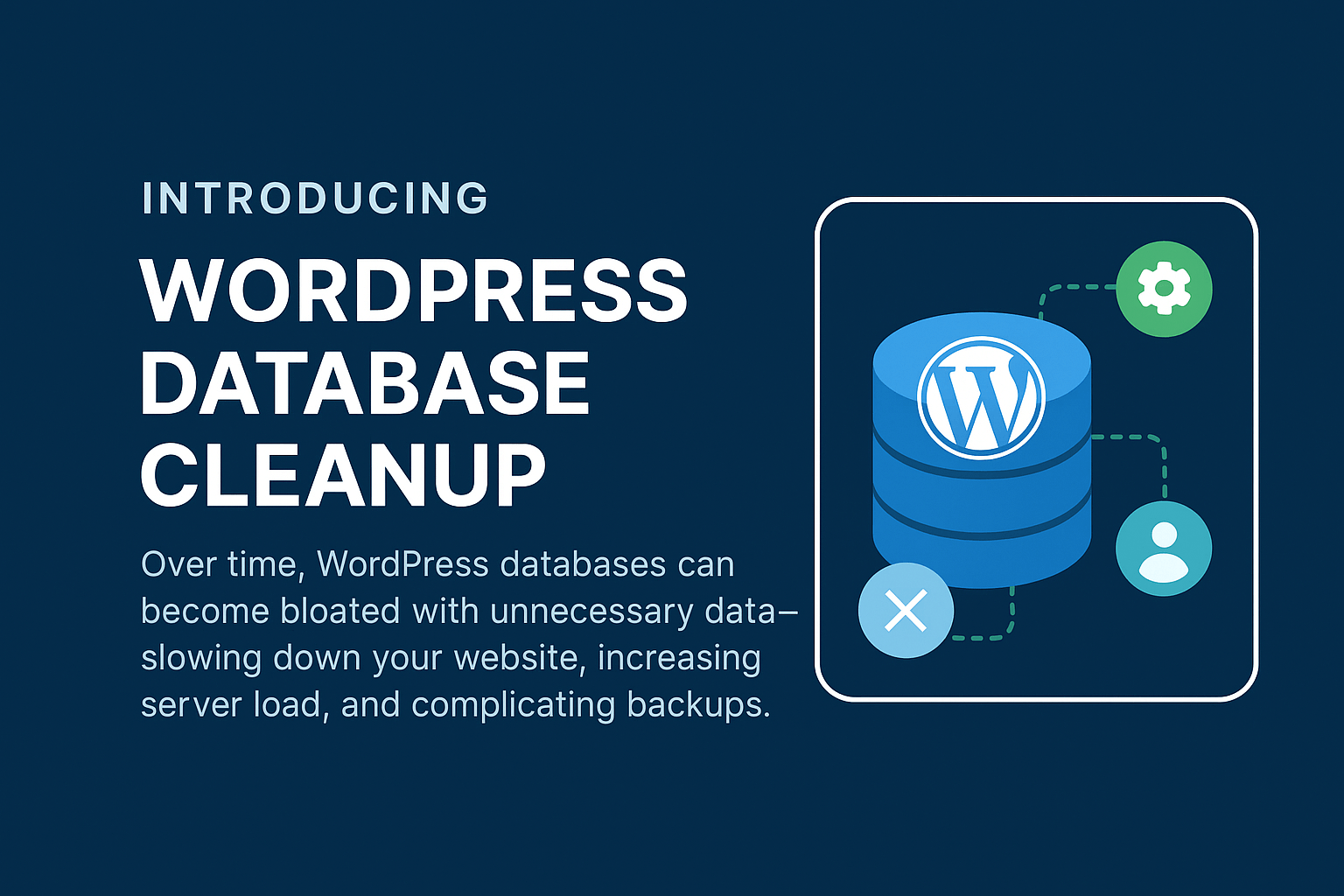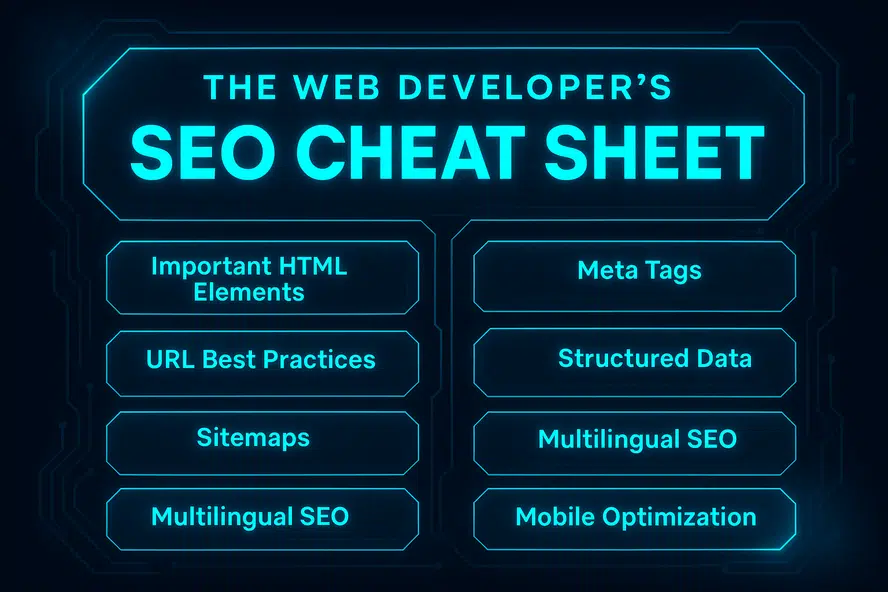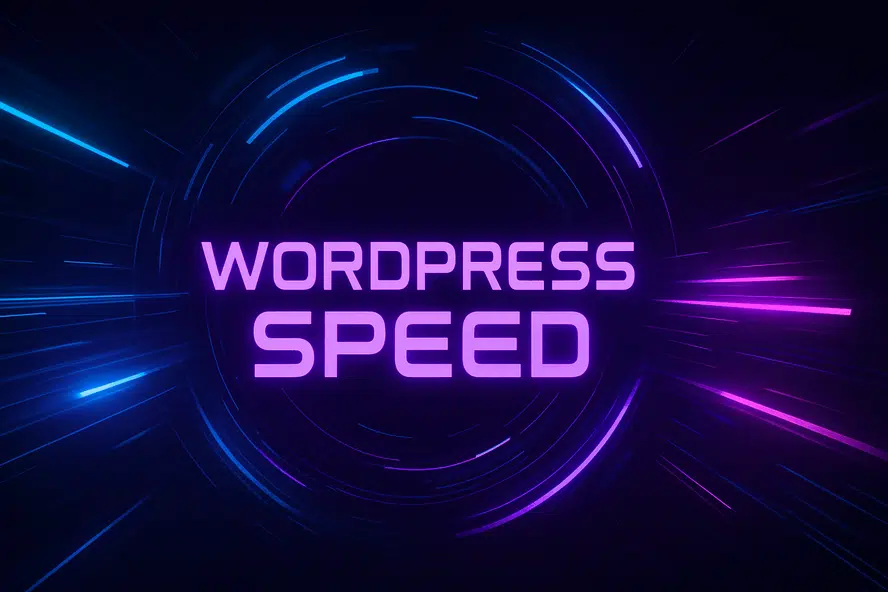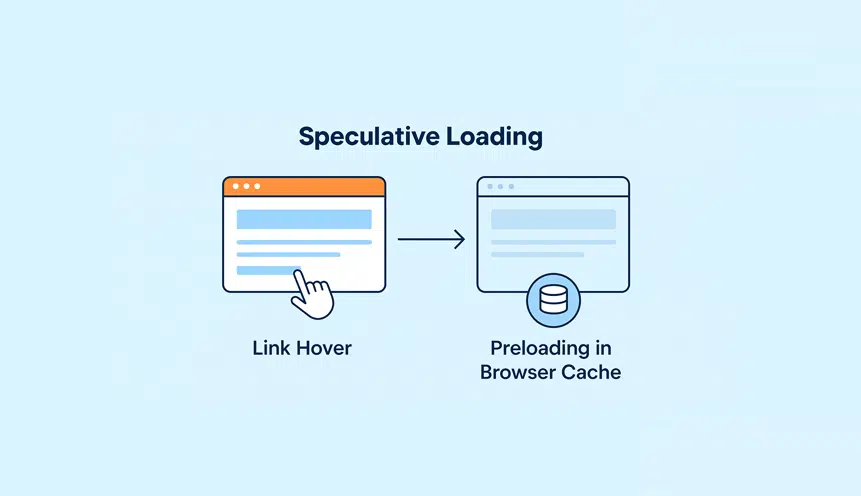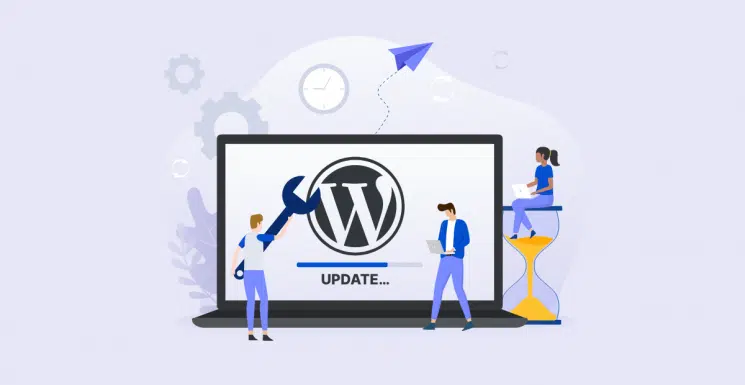Title: Need for Speed: How to Accelerate Your WordPress Site
Introduction (150 words)
In today’s fast-paced digital landscape, having a speedy website is crucial for success. Slow-loading websites not only frustrate visitors but also negatively affect search engine rankings. WordPress, being the most popular content management system (CMS) in the world, often faces performance issues due to its extensive functionality and vast plugin ecosystem. However, optimizing your WordPress site for speed can significantly enhance user experience, boost conversions, and improve organic search visibility. In this article, we will explore proven techniques and strategies to accelerate your WordPress site, regardless of its size or complexity. We will also address frequently asked questions (FAQs) to help you overcome common hurdles and make your website lightning-fast.
I. Core Factors Affecting WordPress Site Speed (250 words)
1. Web Hosting: Choosing a reliable and high-performance web Hosting provider is essential for optimal site speed.
2. Caching: Utilizing caching plugins and techniques can store and deliver pre-generated versions of your site, reducing server load and response time.
3. Image Optimization: Compressing and resizing images can significantly reduce their file sizes without sacrificing quality, leading to faster load times.
4. Code Optimization: Minifying CSS and JavaScript files, eliminating unnecessary code, and enabling GZIP compression can streamline your website’s codebase and enhance performance.
5. Database Optimization: Regularly cleaning and optimizing your WordPress database will improve query execution times and decrease page load times.
6. Content Delivery Network (CDN): Implementing a CDN helps distribute your site’s static content across various servers worldwide, reducing latency and improving load times.
II. Proven Methods to Optimize WordPress Performance (800 words)
1. Choose a Fast WordPress Theme: Opt for lightweight, well-coded themes that prioritize speed over excessive features or visual elements.
2. Plugin Management: Audit and remove unnecessary plugins, opt for lightweight alternative plugins, and update plugins regularly to ensure compatibility and performance.
3. Utilize a Caching Plugin: Install a reputable caching plugin, such as W3 Total Cache or WP Super Cache, to generate static HTML files and reduce server load.
4. Optimize Images: Compress images using tools like Compress JPEG & PNG, and Lazy Load plugins to only load images when they come into the viewport.
5. Enable GZIP Compression: Enable GZIP compression in WordPress to reduce file sizes and minimize the amount of data transferred between the server and the user’s browser.
6. Content Delivery Network (CDN) Integration: Integrate your website with a CDN, like Cloudflare or MaxCDN, to distribute content across multiple servers and minimize geographical latency.
7. Minify and Combine CSS/JavaScript Files: Minify and combine your CSS and JavaScript files using plugins such as Autoptimize or WP Rocket to reduce the number of HTTP requests and improve load times.
8. Optimize WordPress Database: Use plugins like WP-Optimize or WP-Sweep to clean up and optimize your WordPress database, removing unnecessary data and improving performance.
9. Implement Lazy Loading: Lazy load images, videos, and iframes so that they are only loaded when a user scrolls to a specific section of the page, saving initial loading time.
10. Utilize Browser Caching: Add code to your .htaccess file or use caching plugins to instruct the user’s browser to store static files, reducing repeat requests to the server.
III. Frequently Asked Questions (FAQs) (300 words)
1. Will these optimization techniques significantly speed up my site?
The techniques mentioned in this article can considerably enhance your site’s speed, but results may vary depending on factors such as Hosting quality, site complexity, and traffic volume.
2. Is image optimization alone enough to boost performance?
While image optimization is crucial, other optimization techniques, such as caching, code optimization, and database optimization, must also be implemented for optimal site speed.
3. Are caching plugins suitable for all types of websites?
Caching plugins are generally beneficial for most websites. However, eCommerce sites or sites with dynamic content may require careful configuration to ensure smooth functioning.
4. What are the recommended web Hosting providers for optimal WordPress Speed?
Some reliable web Hosting providers known for their speed and performance are SiteGround, Bluehost, and Kinsta.
5. Can I implement these optimization techniques without technical knowledge?
Most optimization techniques described can be performed by non-technical users through plugins and intuitive settings. However, some advanced techniques may require some technical proficiency.
Conclusion (150 words)
In today’s digital age, optimizing your WordPress site for speed is crucial. By implementing the proven techniques discussed in this article, you can significantly enhance user experience, improve search engine rankings, and boost overall site performance. Whether it’s optimizing images, minifying code, or utilizing caching plugins, every effort counts towards ensuring a lightning-fast website. Stay ahead of the competition and leave your visitors impressed with a swift and responsive WordPress site.
Remember, consistently monitoring and optimizing your WordPress site is key to maintaining top-notch performance in the ever-evolving digital landscape. Keep exploring new ways to improve your site’s speed, as it directly translates into higher user engagement and better business outcomes.
Post Summary:
In today’s fast-paced digital landscape, having a speedy website is crucial for success. Optimizing your WordPress site for speed can significantly enhance user experience, boost conversions, and improve organic search visibility. Factors affecting WordPress site speed include web Hosting, caching, image optimization, code optimization, database optimization, and content delivery network integration. Proven methods to optimize WordPress performance include choosing a fast theme, managing plugins, utilizing a caching plugin, optimizing images, enabling GZIP compression, integrating a CDN, minifying code files, optimizing the WordPress database, implementing lazy loading, and utilizing browser caching. These techniques can significantly speed up your site, but results may vary depending on factors such as Hosting quality and site complexity. Image optimization alone is not enough; other optimization techniques must also be implemented. Caching plugins are generally suitable for most websites but may require careful configuration for eCommerce or dynamic content sites. Reliable web Hosting providers for optimal WordPress Speed include SiteGround, Bluehost, and Kinsta. Most optimization techniques can be performed by non-technical users, although some advanced techniques may require technical proficiency. Consistently monitoring and optimizing your WordPress site is key to maintaining top-notch performance in the ever-evolving digital landscape.





